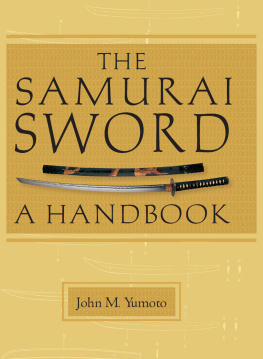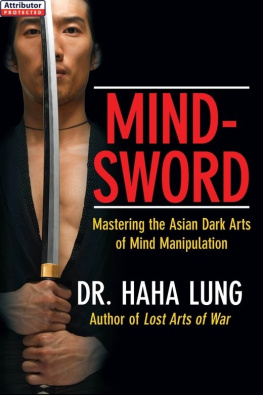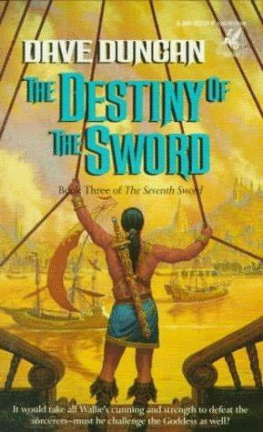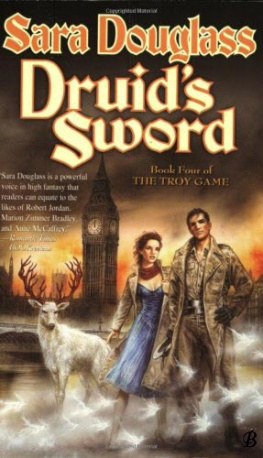Secrets of the Sword
Secrets of the Sword
Translated from the original French
of Baron de Bazancourt by
C. F. Clay , with illustrations
by F. H. Townsend
La pointe dune pe est une
ralit qui fait disparatre
bien des fantmes.
Bazancourt.
London: George Bell & Sons, York Street,
Covent Garden; and New York. Mdcccc.
Cambridge:
Printed by J. and C. F. Clay
at the University Press.
PREFACE
If French is, as we have been told, the natural language of the art of fencing, it seems a particularly rash venture to translate a French book on the subject into English. This is especially the case when the original is such a work as Les Secrets de lpe, which so far from being a dry technical manual, that might be sufficiently rendered by a baldly literal version, is one of those fascinating, chatty books, written in a happy vein, in which the manner of writing is the matter of principal importance. But the delightful ease and artful simplicity of style that captivate the reader are the translators despair. I have made the attempt for my own amusement, and I am publishing my translation because the original work, which was first published in 1862 and reprinted in 1875, has been for some years inaccessible, and because I think it is a book that will interest English fencers.
An interesting and appreciative account of the book is given in the introduction to the volume devoted to fencing in the Badminton Library, together with some criticism of the author. The would-be fencer is cautioned that the Baron de Bazancourt is a very expert literary dodger whose specious arguments must be studied with the greatest caution. The warning note is no doubt wise in a book intended for the English fencer, for English fencing certainly shows no tendency to be excessively correct, but is rather inclined to err in the other direction. But no fencer who reads the work attentively can fail to derive from it a real profit, and, I hope, a real pleasure. The keynote of the book is that a fencer must fence with his head. Bazancourt generally calls it instinct, or inspiration. But call it what you will, there can be no doubt that the continual tax that fencing makes on the resourcefulness of the player gives it its subtle and enduring charm. The unforeseen emergencies that have to be faced, and the varieties of play that are encountered in meeting different opponents, make fencing of all sports the least mechanical and the least monotonous.
We are often told that fencing will never be popular in England, because it is no longer required for practical purposes. But does anyone suppose that we are guided by practical considerations in choosing our sports? Fencing is a most exhilarating exercise and one that is particularly suitable for those of us who live a town life. A dull day in London may be very sensibly enlivened by a brisk assault. The luxury of getting into flannels is increased by the reflection that for an hour at any rate one will think of nothing but the foils. For no exercise is so absorbing as fencing. Whether you are taking a lesson or are engaged in a friendly combat your whole attention cannot fail to be occupied. There is room for nothing else, and on that account alone fencing must be commended as a mental relaxation of the highest value.
Compared with boxing, fencing has the advantage that it can be continued even into old age. Now, however willing one may be to be punched and pommelled, there usually comes a time when it is inconvenient to appear in public with a black eye or a bruised cheek. Few men who take to fencing and master the preliminary stages can make up their minds to give it up, until they are obliged to do so for want of time or opportunity.
The cosmopolitan character of fencing is another point in its favour. Not only throughout France and Italy, but wherever French or Italian is spoken, fencing rooms abound, and the stranger who visits them is sure to be received with friendly interest and hospitality. Fencers are always glad to try conclusions with a new blade, and a very moderate knowledge of the art may often serve as a pleasant and informal introduction in a strange country.
The art of translation is perhaps as slippery and elusive as the art of fence. Lescrime vit de loyales perfidies says the Baron de Bazancourt. He might have said the same thing of translation. I have endeavoured to give a faithful rendering of this book. It has equally been my object to make my version readable. I am conscious of many defects, and cannot hope to have avoided mistakes, but if I have sometimes been perfidious, I trust that I have never been disloyal.
I have to thank many friends for assistance and advice, and I am especially indebted to Mr F. H. Townsend for the spirited series of fencing drawings that accompany the text.
C. F. CLAY.
London ,
October, 1900.
Introduction
[Pg 2]
[Pg 3]
I.
Why have I written this book? I will tell you. For of all the subjects that might have occurred to me, this I am sure is the last in the world on which I should have ever dreamed of trespassing. Accident, however, is apt to take a hand in the most trivial things of this world as well as in the most important. It is continually responsible for the most unlikely events, and it was in fact by accident that I undertook this work, in which I have collected and jotted down remarks that are entirely my own, concerning an art to which I have devoted myself for more years than I care to remember.
I was staying in the country at an old manor house belonging to one of my friends. The litter of autumn, fallen leaves and withering herbage, was scattered over field and woodland. This is a favourite season with poets, when Nature before her winter sleep affects a serene and melancholy air, that inclines to reverie and lends wings to fancy. The season also favours sportsmen. Coverts in which the game has hitherto found shelter are no longer impenetrable, and every day the wind robs the poor persecuted beasts of some fraction of their shield of verdure. At my friends house there were no poets, but there was instead a large shooting party. We used to take the field after breakfast, and come home towards dusk, all of us as tired as a man has a right to be when he has done six or eight hours walking. After dinner we invariably adjourned to the smoking room, and spent the evening in discussing things in general over our cigars.
II.
One eveningI quite forget how it came aboutwe found ourselves talking about fencing. Some ones casual remark, as erratic as the blue wreaths of smoke that floated vaguely towards the ceiling, was taken up by some one else, and led to other remarks, which gradually became more definite and finally solidified into a conversation.
One can always talk, and one enjoys talking about a subject in which one is interested. That is one of the general truths. And as I have always been devoted to the practice of arms, I found myself talking at some length and expounding some views of my own, which I have tested by practical experience and observation till they have established themselves in my mind as axioms.
I was listened to with attention, though there were few fencers present. And after all the art of fence does furnish a most interesting fund of conversationthe art of skilful fighting at close quarters, which implies a knowledge of theory combined with a trained power of execution, which taxes eye and hand, vigour and judgment, and brings into play every faculty of mind and body, each doing its part, and each in turn supplementing and reinforcing the other.










